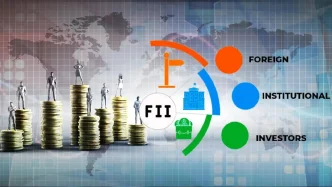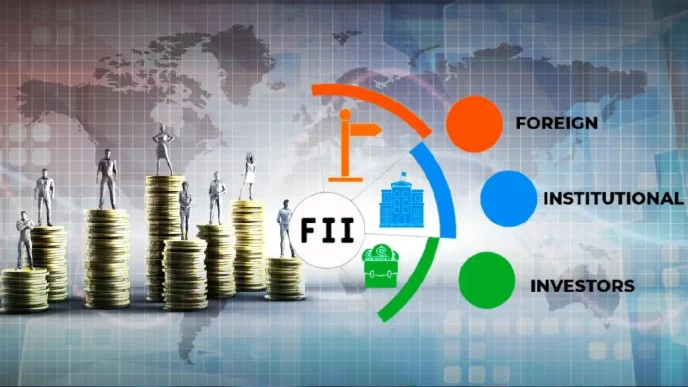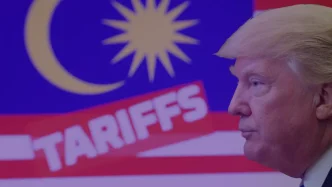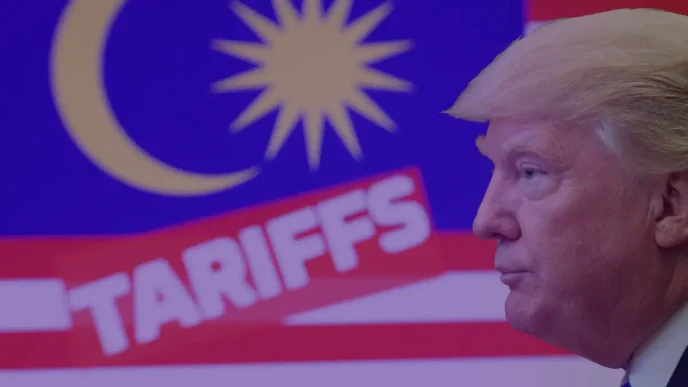Malaysia is facing a pressing need to bolster its domestic gold refining capabilities as a means to curb the significant outflow of foreign exchange incurred by sending the precious metal to overseas facilities. Industry leaders argue that such a move could not only reduce costs for local retailers but also strengthen the country’s position in the regional gold supply chain, retaining more economic value within its borders.
A Call for Local Refining
The push for enhanced local gold refining comes as Malaysia grapples with the economic implications of exporting scrap gold for processing abroad. Datuk Seri Louis Ng, executive chairman of Public Gold Marketing Sdn Bhd and president of the Malaysia Gold Association (MGA), has been a vocal advocate for this shift. In a recent interview with local media, Ng highlighted the financial burden of overseas refining, which includes hefty fees and processing losses. “If we can refine gold locally, we can reduce the outflow of foreign exchange and retain more value in the domestic economy” he stated.
Currently, scrap gold in Malaysia, often with a purity of around 91 percent, is sent to foreign facilities to achieve the industry-standard 99.99 percent purity. This process not only drains foreign currency reserves but also diminishes the potential economic benefits that could be harnessed domestically. Ng’s vision is for Malaysia to develop its own refining infrastructure, a move he believes could position the country as a key player in the regional gold market, potentially attracting foreign retailers to source refined gold from Malaysia.
Economic Implications and Regional Standing
The economic rationale behind local refining is compelling. By processing gold within Malaysia, the country could save millions in foreign exchange annually, funds that are currently paid to overseas refineries. These savings could be redirected into the domestic economy, supporting local businesses and fostering job creation in the gold industry. Moreover, reducing reliance on foreign refining aligns with broader national goals of economic self-sufficiency and resilience, particularly in a volatile global market where currency fluctuations can exacerbate financial outflows.
Beyond the immediate financial benefits, Ng emphasized the strategic importance of refining for Malaysia’s standing in Southeast Asia’s gold supply chain. “It would also strengthen Malaysia’s position in the regional gold supply chain” he noted. A robust local refining sector could transform Malaysia into a hub for gold processing, drawing investment and trade from neighboring countries. This ambition mirrors policies in places like Indonesia, where local refining mandates have already been implemented to ensure that value addition occurs within national borders.
Existing Infrastructure and Future Potential
Malaysia is not starting from scratch. Several local gold refining facilities are already operational, including one in Batu Kawan, Penang, and another in the Klang Valley. These facilities represent a foundation upon which the country can build a more comprehensive refining ecosystem. Ng and the MGA are actively working to encourage further investment in this sector, connecting interested members with opportunities to expand or establish new refining operations. The ultimate goal, according to Ng, is to persuade the government to introduce a mandate for local refining, akin to Indonesia’s model, ensuring that a significant portion of gold processing occurs domestically.
On the supply side, Malaysia’s gold mining activities provide a steady stream of raw material for refining. Active exploration and extraction are underway in areas such as Selinsing in Pahang, Tawau in Sabah, and Kota Bharu in Kelantan. These operations underscore the potential for a vertically integrated gold industry, where mining, refining, and retail could all contribute to national economic growth. However, without sufficient refining capacity, much of this potential value is lost to overseas processors.
Industry Support and Public Gold’s Role
The Malaysia Gold Association, which represents the gold, silver, and platinum industries, plays a pivotal role in advocating for these changes. By fostering collaboration among its members, the MGA aims to drive collective investment in refining infrastructure. This collaborative approach is crucial, as the capital-intensive nature of refining facilities often requires shared resources and government support to become viable.
Public Gold Marketing Sdn Bhd, established in 2008, is at the forefront of the retail side of this industry. Serving approximately two million customers—predominantly middle-income earners—the company operates 18 branches nationwide and maintains around 100 automated teller machines for gold transactions. Its extensive reach and customer base highlight the domestic demand for gold products, further underscoring the need for local refining to reduce costs and improve accessibility for retailers and consumers alike.
Challenges and Policy Considerations
Despite the clear benefits, establishing a robust local refining industry is not without challenges. High initial investment costs, technical expertise requirements, and regulatory hurdles must be addressed to scale up existing facilities and build new ones. Industry stakeholders like Ng are looking to the government for policy support, including incentives for investment in refining infrastructure and potential mandates to prioritize local processing. Such policies could mirror successful frameworks in other Southeast Asian nations, where government intervention has catalyzed growth in domestic value addition for natural resources.
Moreover, Malaysia must navigate the competitive landscape of the global gold market. Countries with established refining hubs, such as Singapore and Switzerland, benefit from economies of scale and longstanding reputations for quality. For Malaysia to compete, it will need to ensure that its refined gold meets international standards while maintaining cost competitiveness—a tall order that requires both technological innovation and strategic partnerships.
Broader Economic Context
The push for local gold refining comes at a time when Malaysia is seeking to strengthen its economic fundamentals amid global uncertainties. The country’s foreign exchange reserves, while stable, are under constant pressure from various sectors reliant on imported goods and services. Reducing the forex outflow associated with gold refining could provide a small but meaningful boost to these reserves, supporting the ringgit and enhancing economic stability.
Additionally, the gold industry intersects with broader trends in commodity markets and investment behavior. Gold remains a popular safe-haven asset, particularly among middle-income Malaysians who view it as a hedge against inflation and currency depreciation. By refining gold locally, Malaysia could capitalize on this demand, ensuring that more of the value chain—from mining to retail—remains within its economy. This could also have spillover effects, encouraging innovation in related sectors such as jewelry manufacturing and financial products tied to gold.
Looking Ahead
As Malaysia weighs the benefits of expanding its local gold refining capabilities, the stakes are high. Success in this endeavor could redefine the country’s role in the regional gold market, turning a current economic drain into a source of growth and resilience. Industry leaders like Datuk Seri Louis Ng and organizations such as the MGA are ready to drive this transformation, but government support will be critical to overcoming the structural and financial barriers that lie ahead.
For now, the conversation around local refining serves as a reminder of the untapped potential within Malaysia’s borders. As policymakers and industry stakeholders collaborate on this issue, the question remains: can Malaysia seize this opportunity to retain more of its golden wealth at home?













